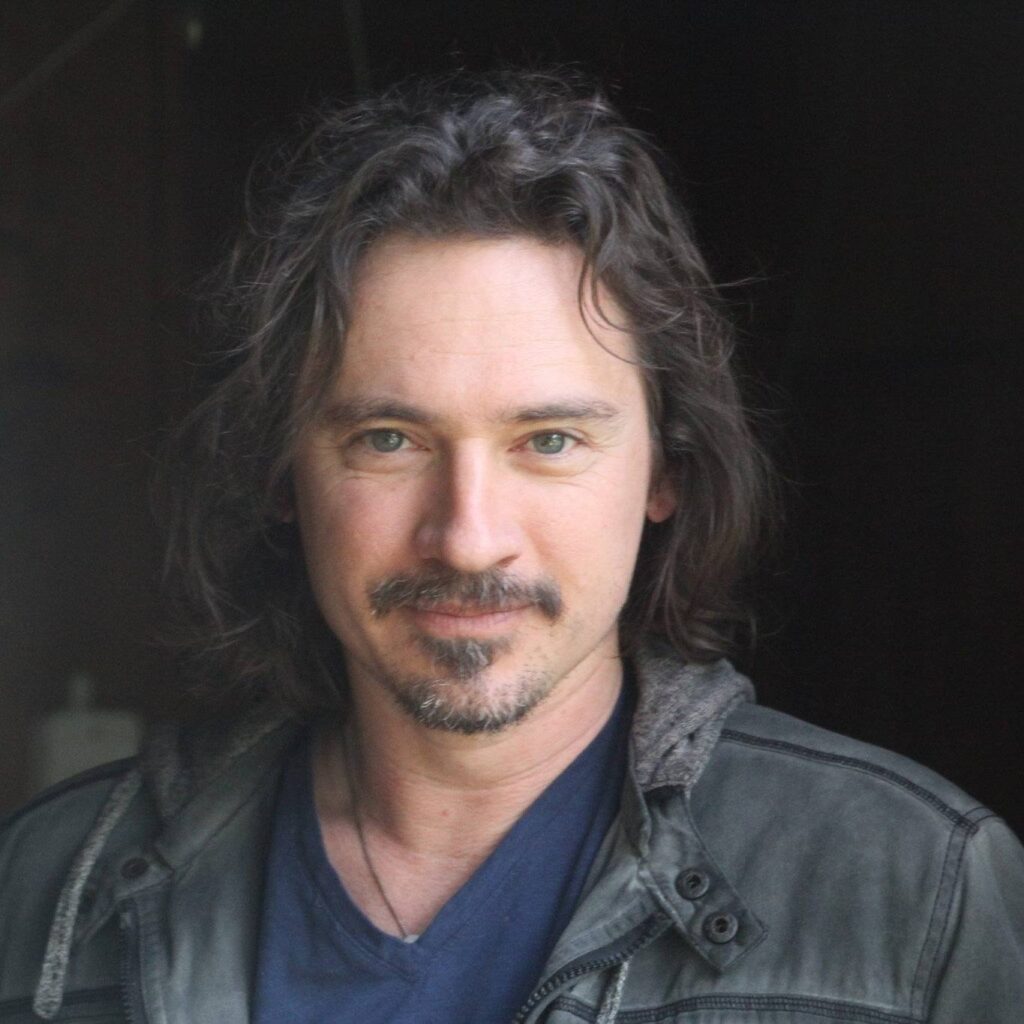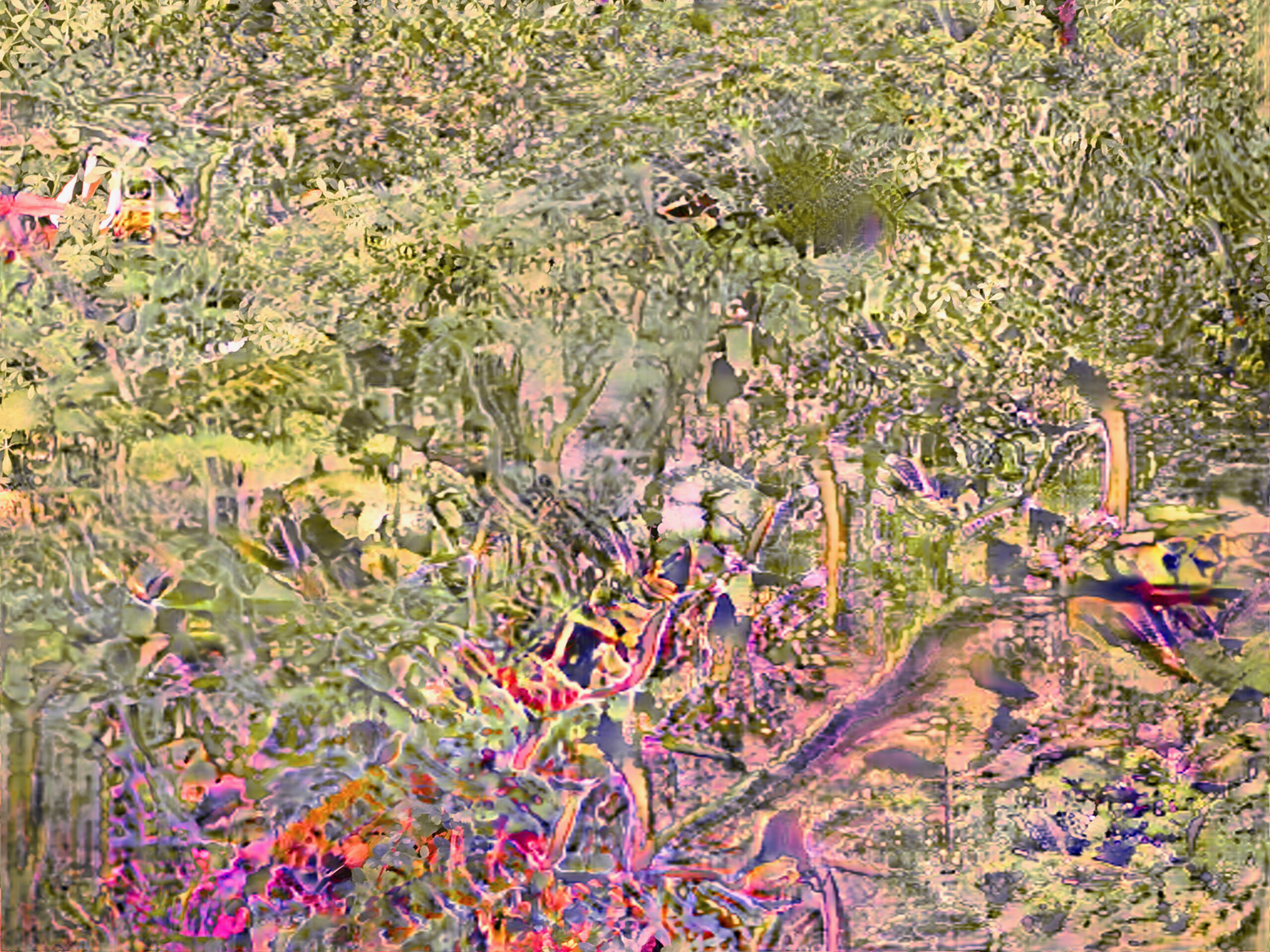
Josh Wagner was born with a hole in his heart, a ventricular septal defect. He’s fine now. Wagner studied creative writing, theatre and literature at the University of Montana and received his MSc from the University of Edinburgh. He is currently a PhD candidate at University of Cork College in Ireland. The author of novels, graphic novels, stage plays and short stories, his work operates primarily in the realm of magical realism and fantastic fiction. He is fascinated by rhizomes, paradoxes and things left unsaid.
Report during the symposium:
RE-MONSTERING NATURE: TERATOLOGY AS ECO-PROPHETICS
Teratological literature has long reenforced the business of othering by privileging certain classifications, populations and subjectivities, while relegating others to the status of ‘monstrous’. Monstrous traits are to be feared, avoided, exploited or destroyed, and their designations tend to radiate away from anthropocentrism. In the 21st century, the monsters of fiction are taking on new roles. Some champion a ‘return of the repressed’, while others revive the social function of demonstrator, as in the anti-neoimperialistic criticism of Saadawi’s Frankenstein in Baghdad. Following a brief exploration of this context, I will take a cue from Rosi Braidotti’s call for a new ‘philosophical teratology’ and discuss the potential for monsters of the future to transcend their critical modes and encourage a reimagining of the boundaries of individuation along with a re-centering of human–non-human relationships. We will look at two traditional monster characteristics: transformation and hybridity, and by detaching their pejorative connotations, the more naturalistic qualities of metamorphosis and symbiosis emerge. Such qualities are ubiquitous within the biosphere and essential for sustaining ecosystems. Approaching teratology in this way reveals a kinship between monsters and all forms of life, including the human, whose bodies are neither static nor indivisible but collaborations of becoming: negotiations between millions of unique microscopic organisms.
International Committee to Save the Earth Through Speculative Fabulation
Dovilė Aleksaitė, Fee Altmann, Sanja Anđelković, Elisabeth Brun, Belén Cerezo, Suvam Das, Damian Domes, Raquel Felgueiras, Kausik Ghosh, Florian Goeschke, Vanessa Graf, Anouk Hoogendoorn, Kristin Johnsen, Paul R Jones, Dani Landau, Stacy Lo, Madhuja Mukherjee, Roksana Niewadzisz, Christine Reeh-Peters, Marie-André Robitaille, Gonzalo H. Rodriguez, Szilvia Ruszev, Sanja Särman, Marie Louise Juul Søndergaard, Alisi Telengut, Bela Usabaev, Joshua Wagner, Lisa Walder, Dörte Weig
